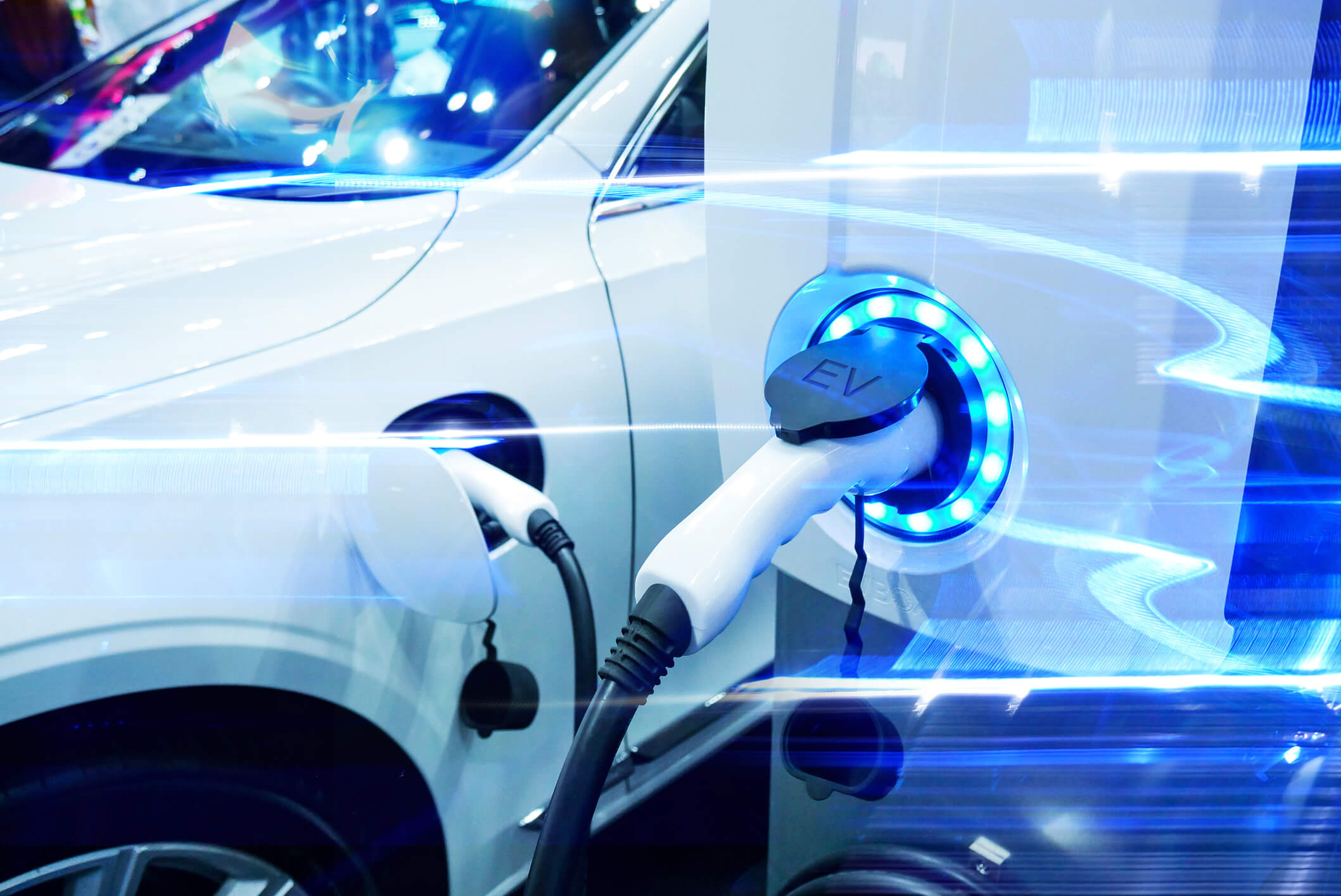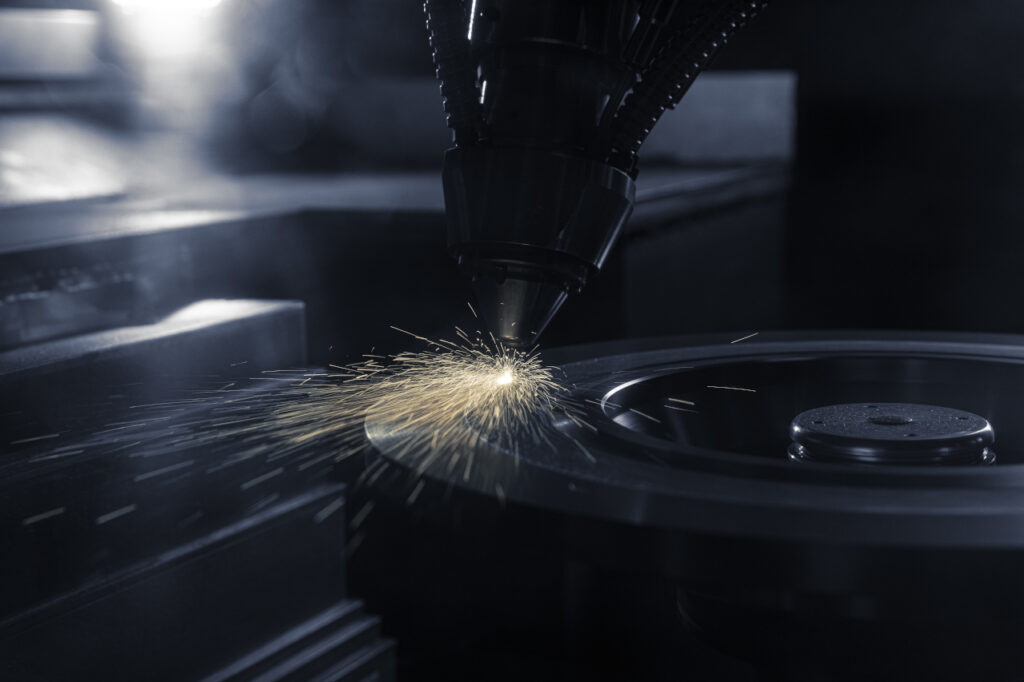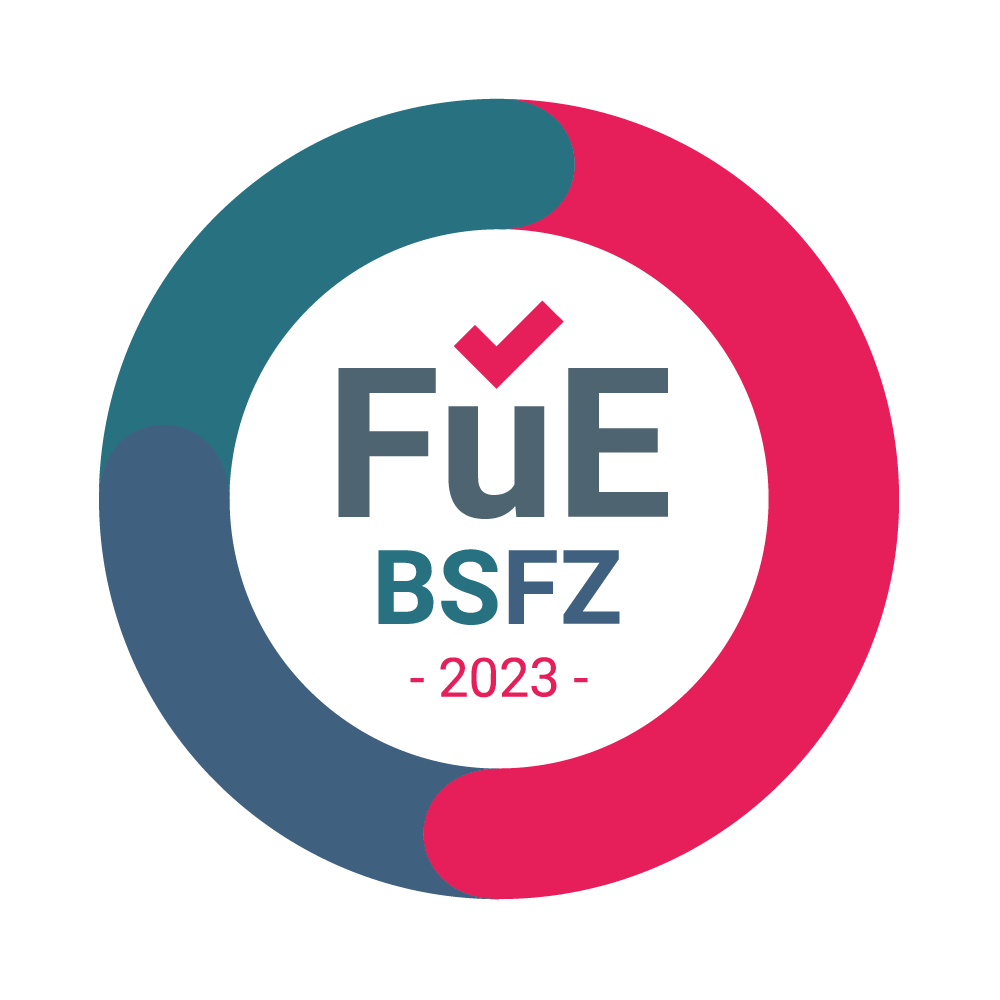
In the context of climate change and the associated reduction of CO2 emissions, the automotive industry will convert a big part of its production to electrically powered vehicles in the medium and long term. This can be a valuable contribution to meeting climate targets. Electric vehicles do not emit CO2 and thus are good for the environment.
But one aspect of e-cars that has received too little attention so far concerns the brakes: The smaller an electric car is, and thus its weight, the less it needs the brakes, because the vehicle is braked by recuperation. Few or no braking operations, in turn, cause corrosion. The larger an electric car gets, the more conventional braking operations are needed, because a higher mass requires additional brake. Conventional braking processes, on the other hand, cause the emission of particulate matter. Indeed, a large proportion of these emissions are generated by the abrasion of tires and brakes. This is also the case with battery electric vehicles (BEVs). That said, a distinction must be made between small vehicles with little mass and larger cars with a lot of weight.
Fine dust vs. corrosion
Small vehicles no longer need to brake in the standard driving cycle; everything works via recuperation (braking by the electric motor). With the elimination of the cleaning braking process, the flash rust that develops on the friction surface becomes deep-seated corrosion. This in turn causes comfort problems (e.g. rubbing, squealing) and also the premature failure of the brake discs.
With greater vehicle weights, the conventional vehicle brake is increasingly needed. In particular, premium vehicles with a long range, i.e. heavy battery, require additional braking, because the engine braking effect (recuperation) can only be analogous to acceleration of the vehicle (according to engine power). As a result, electric vehicles may also cause particulate emissions!
The requirements for brake discs in electric vehicles not only depend on the vehicle weight, but also on the driving style. With highly economical driving, a corrosion problem arises, which becomes a fine dust problem with increasingly agile driving.
An electric vehicle can always use engine torque as a supporting braking effect. However, this is always countered by a higher vehicle mass, which is particularly severe in the case of larger vehicles.
WECODUR© UNIKORN 2

Electric vehicles therefore place special demands on the braking system and brake discs. HPL Technologies has reacted to exactly these special requirements with a coating system specially adapted to the needs of electric vehicles. With the WECODUR© UNIKORN 2 coating system, conventional brake discs can be transformed into corrosion-resistant, wear-reduced “Low Emission Brake Discs”.
To ensure wear and corrosion protection, the FNC process (Ferritic Nitro Carburizing) is used in the USA for example. However, the cost of a coating system with WECODUR© UNIKORN 2 is already similar to, and in some cases even less than, the cost of thermal long-term corrosion protection such as FNC. Additionally, the WECODUR© system ensures a long service life.
The WECODUR© UNIKORN 2 is produced by the WECODUR© coating technology. This is the series optimized laser cladding process and a combination of coating and adapted finishing treatment for the production of coated brake discs. Compared to other technologies, WECODUR© reduces the emission of fine dust and increases service time many times over.
Would you like to learn more about the revolutionary WECODUR© technology and the coating system? We are at your disposal for a non-binding consultation.




There are some interesting closing dates on this article however I don’t know if I see all of them center to heart. There is some validity but I will take hold opinion until I look into it further. Good article , thanks and we would like extra! Added to FeedBurner as properly